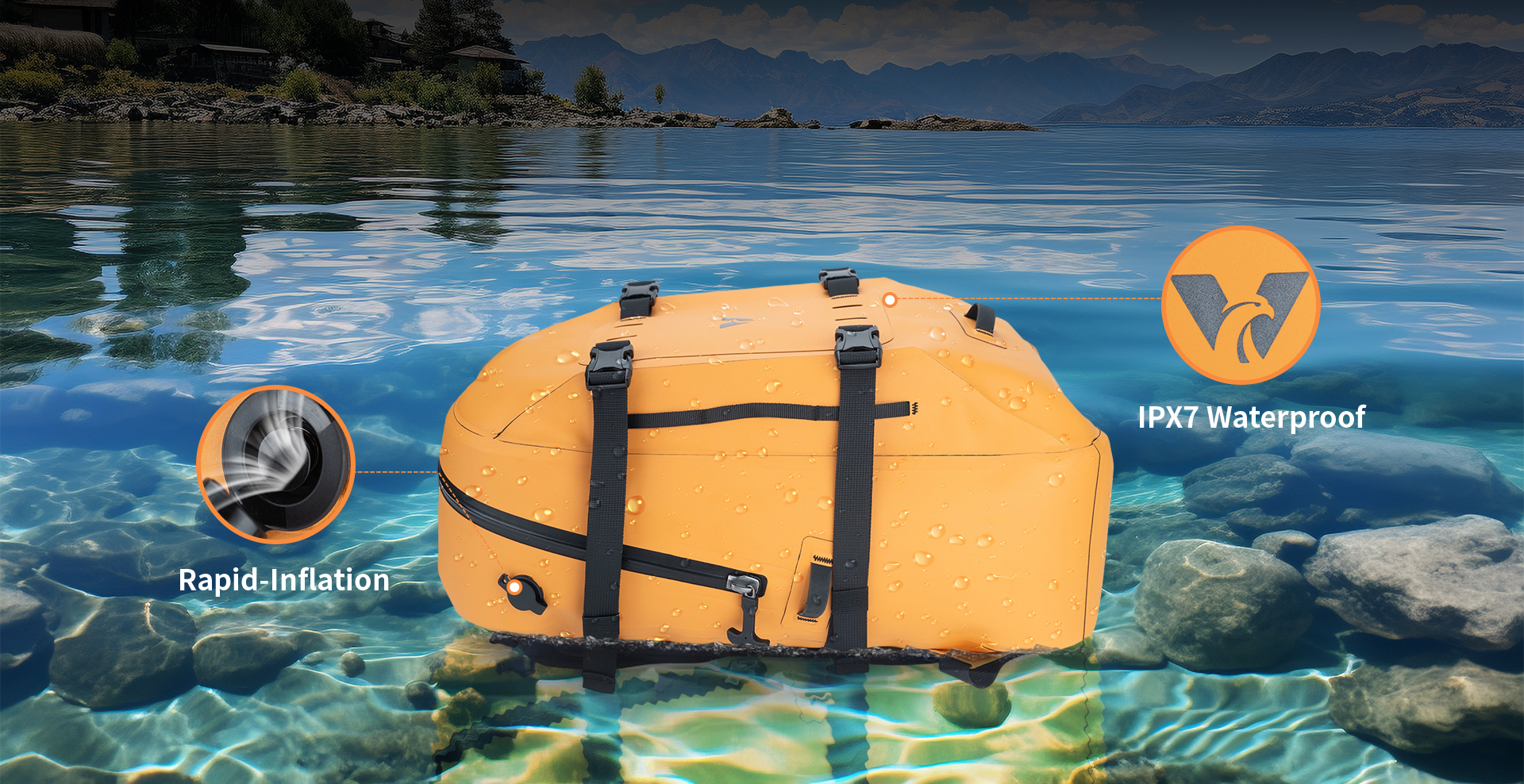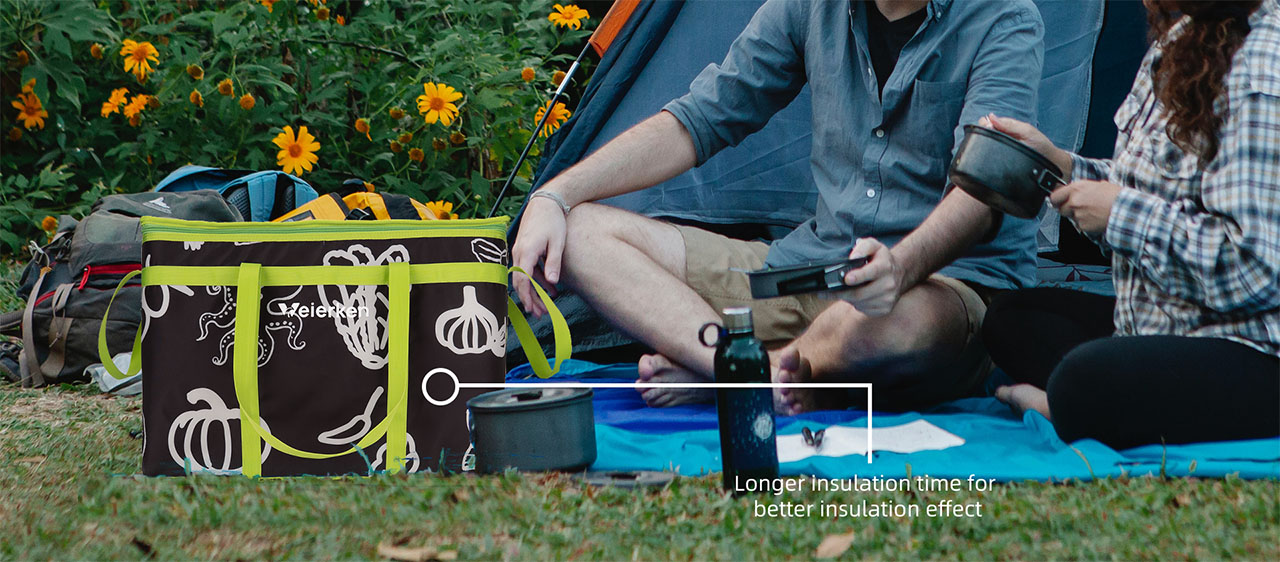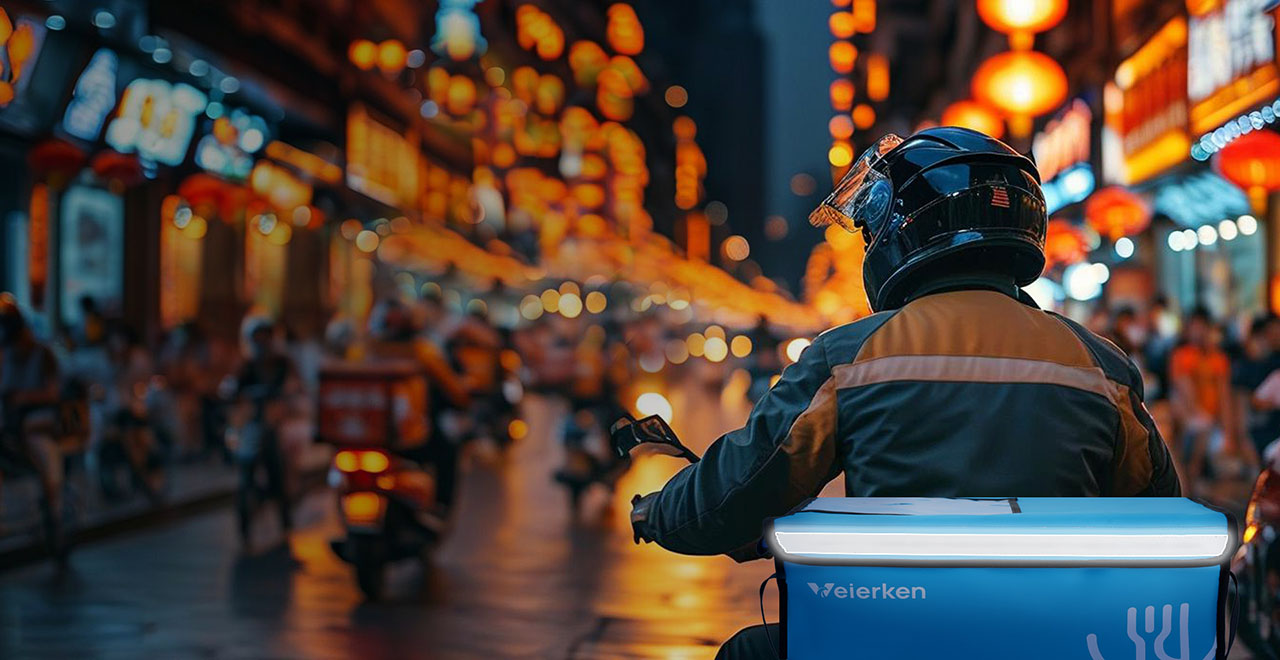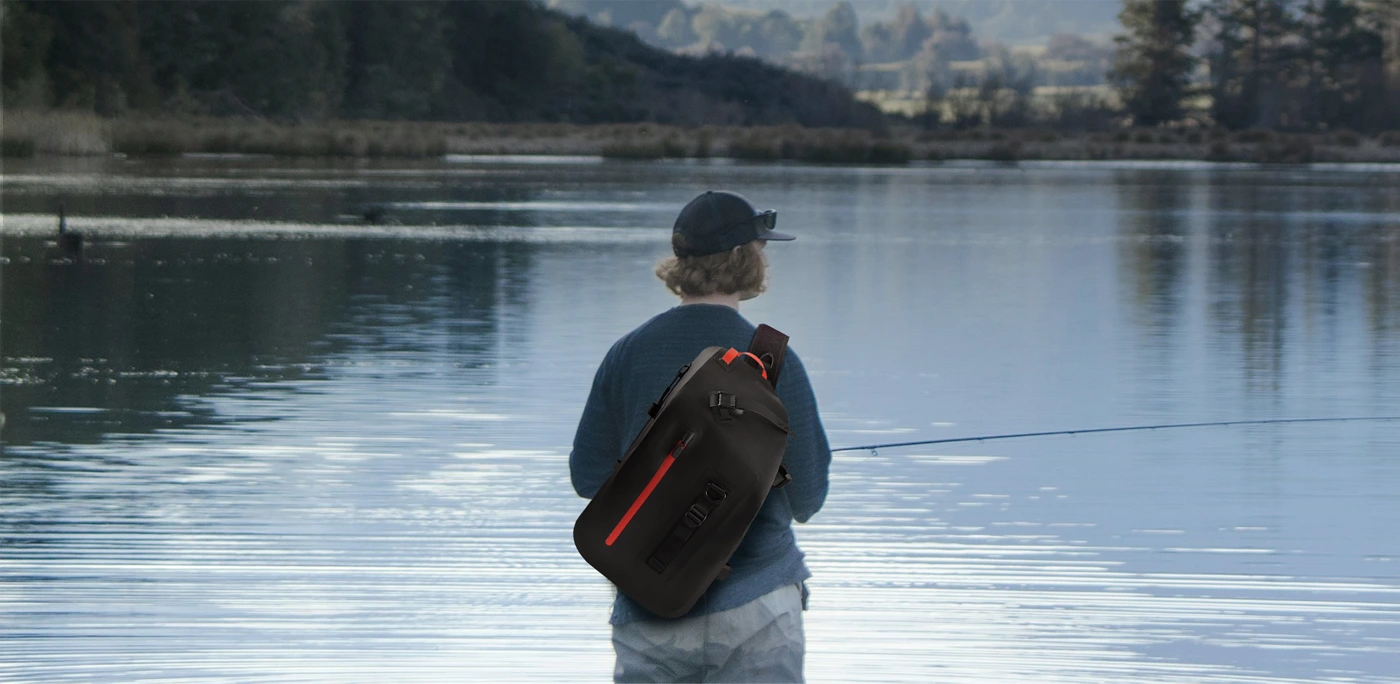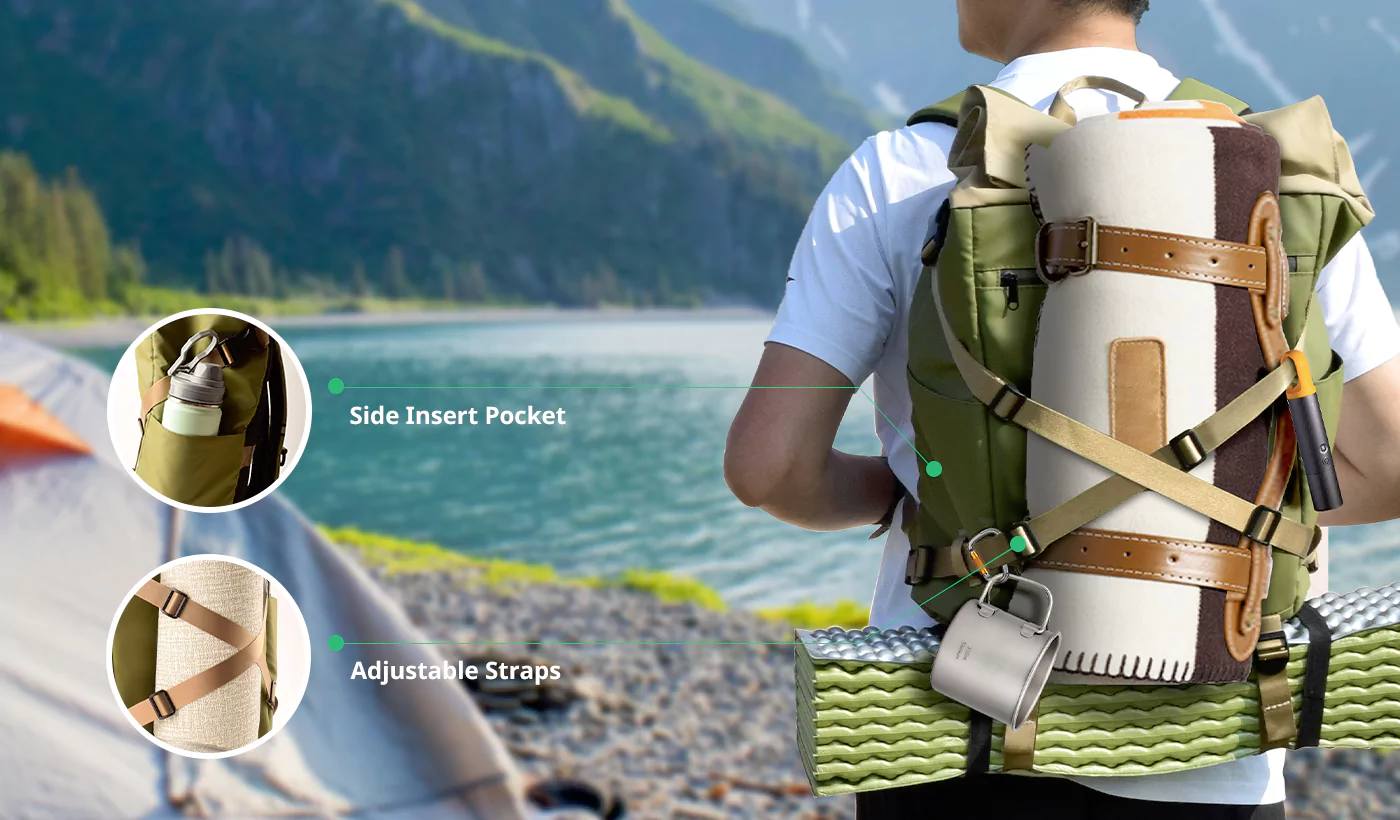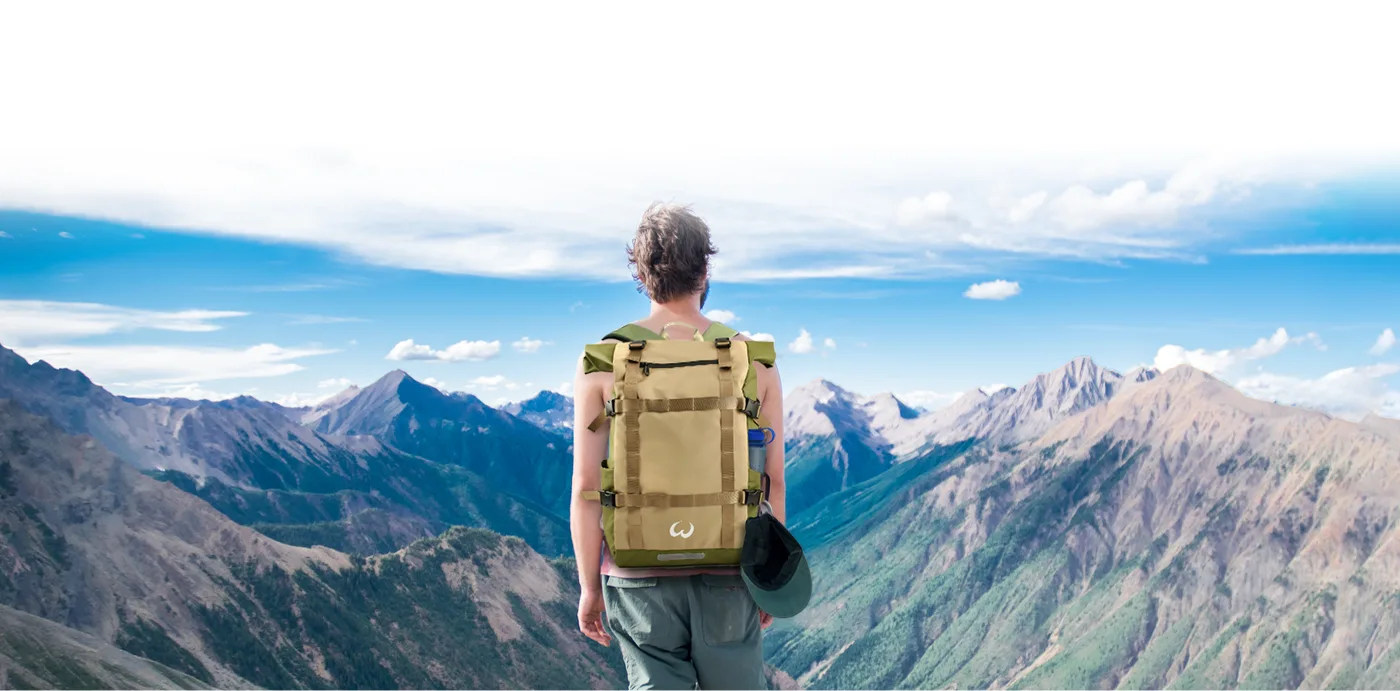When purchasing food delivery bags in bulk, many businesses make the critical mistake of focusing solely on the unit price. The true cost, however, is a complex equation involving durability, efficiency, and operational impact. For businesses ranging from sprawling restaurant chains to specialized catering services, understanding what really drives the cost of a heavy duty bag bulk order can mean the difference between a smart investment and recurring expenses. Companies like weierken have demonstrated through their client partnerships that strategic procurement goes far beyond initial price tags. This article breaks down the five essential factors that determine your total cost of ownership.
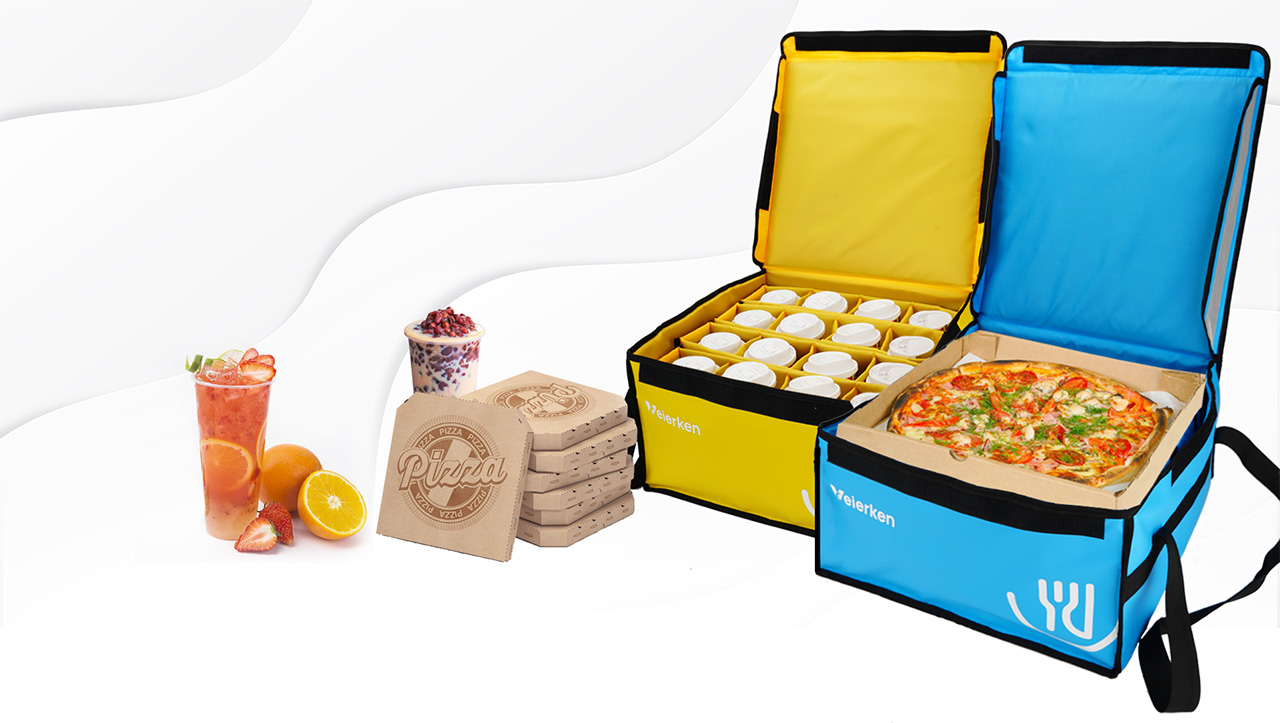
Application Scenario and Scale Matching
Understanding Your Operational Blueprint
Before committing to a heavy duty bag bulk order, you must analyze your specific operational workflow. A busy urban pizza chain has fundamentally different needs than a corporate catering service. The pizza chain requires bags that can withstand rapid loading/unloading cycles, maintain high temperatures for short durations, and fit perfectly on delivery scooters. Conversely, a corporate caterer might need larger, more formal-looking bags that maintain temperature for hours during transport and presentation.
Volume-to-Quantity Ratio Analysis
Miscalculating the quantity of bags needed for your operation creates hidden costs. Order too few, and you’ll face constant washing and rotation issues, potentially compromising food safety. Order too many, and you’re tying up capital in storage. A proper capacity analysis considers:
- Peak hour delivery volume
- Average delivery cycle time
- Driver-to-bag ratio
- Seasonal fluctuations
weierken’s approach with their restaurant clients typically involves a 2-week operational analysis before recommending specific quantities, ensuring the food delivery bag bulk order matches both current needs and projected growth.
Energy Efficiency and Long-Term Operational Costs
The Insulation Technology Divide
Not all insulation performs equally. The choice between traditional foam insulation and newer technologies like vacuum-insulated panels creates significant cost divergence. While traditional insulation might save on initial purchase price, advanced materials can maintain temperatures 3-4 times longer, reducing energy consumption from pre-heating or cooling.
One weierken client, a gourmet meal delivery service, documented their energy savings after switching to high-efficiency bags. Their monthly electricity costs for bag pre-heating decreased by 40% despite increasing their delivery volume by 25%.
Calculating Total Cost of Ownership
The smartest procurement managers create detailed TCO calculations that include:
- Expected lifespan under your usage conditions
- Cleaning and maintenance requirements
- Energy consumption for temperature maintenance
- Replacement frequency for lesser-quality alternatives
A heavy duty bag bulk order might carry a higher initial price but deliver substantially lower costs over a 3-year period when factoring in these elements.
Material Safety and Compliance
Navigating the Certification Landscape
Food contact materials represent a significant liability if improperly selected. Reputable manufacturers provide clear documentation of certifications like FDA compliance, LFGB standards, and EU food contact materials regulation. These aren’t just paperwork – they represent rigorous testing for migration of substances, heavy metal content, and thermal stability.
Regional Compliance Variations
Global operations must pay particular attention to regional variations in food safety regulations. What passes in one market might be prohibited in another. weierken maintains different certification portfolios for their North American, European, and Asian market products, ensuring clients receive bags compliant with local requirements.
The cost of non-compliance can be astronomical when considering potential fines, product recalls, and brand reputation damage. This makes verification of safety certifications a crucial cost factor in any food delivery bag bulk order.
Customization and Brand Visibility
Beyond Functionality: The Mobile Billboard Effect
A food delivery bag does more than transport meals – it’s a mobile advertisement that travels throughout your service area. Customization options like logo printing, color matching, and even structural branding elements turn functional equipment into marketing assets.
Calculating Brand Impression Value
When evaluating customization costs, consider the marketing value. If 50 drivers each make 20 deliveries daily, that’s 1,000 brand impressions per day – often in high-value residential or commercial areas. The incremental cost of customization should be weighed against equivalent advertising space costs.
weierken‘s branding specialists work with clients to optimize the balance between aesthetic impact and cost, often recommending strategic placement of logos rather than full-wrap designs to control expenses while maximizing visibility.
After-Sales Support and Supply Chain Stability
The Hidden Cost of Downtime
A broken zipper or torn strap might seem minor, but when it takes a delivery bag out of service during peak hours, the operational impact multiplies rapidly. Quality after-sales support includes availability of replacement parts, repair services, and troubleshooting assistance.
Supply Chain Reliability Assessment
The pandemic era taught businesses the costly lesson of supply chain vulnerability. When placing a heavy duty bag bulk order, investigate your supplier’s manufacturing capacity, raw material sourcing, and contingency planning. Ask pointed questions about:
- Alternative material sourcing options
- Multiple manufacturing facility availability
- Buffer inventory levels
- Transportation partnerships
weierken maintains contingency production capacity specifically to address emergency replacement orders for their bulk clients, recognizing that delivery operations cannot afford extended equipment shortages.
Sample Testing and Batch Consistency
The Due Diligence Process
Never skip sample testing before committing to a large order. The sample evaluation should be rigorous and realistic:
- Temperature maintenance tests under actual delivery conditions
- Durability testing including opening/closing cycles, strap strength, and corner wear
- Cleaning tests using your standard sanitation protocols
- Material verification to ensure it matches specifications
Ensuring Manufacturing Consistency
The perfect sample means little if production batches vary significantly. Reputable manufacturers implement quality control systems that maintain consistency across production runs. Request evidence of QC processes, including:
- Raw material inspection protocols
- In-process quality checks
- Final random inspection rates
- Batch testing documentation
One of weierken‘s institutional clients discovered through rigorous sample testing that while a competitor’s bag was 15% cheaper, it showed significant insulation performance degradation after just 50 cleaning cycles – a costly finding that wouldn’t have emerged without thorough pre-purchase evaluation.
The actual cost of a food delivery bag bulk order extends far beyond the price per unit. From operational matching and energy efficiency to compliance assurance and supply chain stability, smart buyers consider the complete ecosystem surrounding their purchase. Companies like weierken have built their reputation by guiding clients through these multifaceted decisions, recognizing that the right heavy duty bag bulk order should serve as a strategic advantage rather than just operational equipment. By applying the framework outlined above, businesses can transform what seems like a simple procurement decision into a value-optimization process that pays dividends throughout the equipment lifecycle.
Frequently Asked Questions
Q1: What’s the typical minimum quantity for a heavy duty bag bulk order?
A1: Minimum order quantities vary significantly by manufacturer. Some accept orders as low as 50 pieces for standard models, while others require 200+ units for custom designs. weierken offers flexible quantity tiers, with price breaks typically starting at 100 units for their popular models.
Q2: How long does production usually take for customized food delivery bags?
A2: Production timelines depend on customization complexity and order size. Simple logo printing might add 1-2 weeks, while fully custom designs requiring new molds can take 6-8 weeks. weierken generally quotes 4-5 weeks for standard customized orders, with expedited options available.
Q3: What’s the expected lifespan of quality heavy duty delivery bags?
A3: With proper care, high-quality heavy duty bags should last 2-3 years under regular use. Factors affecting lifespan include cleaning frequency, weight loads, and environmental conditions. weierken’s commercial-grade bags are tested to withstand 100,000+ open/close cycles and maintain thermal performance through years of daily use.
Q4: Can I mix different bag sizes in my bulk order?
A4: Most manufacturers allow mixing sizes and styles within a single bulk order, though this may affect volume pricing tiers. weierken offers mixed configuration options that maintain bulk pricing advantages while allowing clients to customize their inventory for different use cases.
Q5: What happens if we receive a batch with quality issues?
A5: Reputable suppliers typically have clear return and replacement policies for defective products. weierken, for instance, offers batch replacement for any products failing to meet agreed specifications, with expedited shipping to minimize operational disruption to your business.
Q6: Are there sustainable material options available for bulk orders?
A6: Yes, eco-friendly options are increasingly available, including bags made with recycled materials, biodegradable insulation, and reduced plastic components. weierken offers several sustainable product lines that maintain performance standards while addressing environmental concerns.
